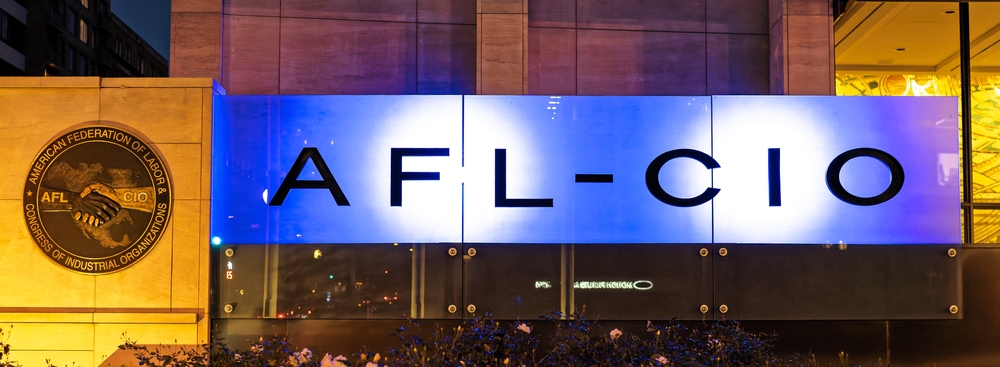Microsoft and the American Federation of Labor and Congress of Industrial Organizations (AFL-CIO) announced a partnership to address AI and its impact on America’s workers.
The AFL-CIO represents 60 unions and 12.5 million American workers. A recent poll the labor group commissioned showed that 70% of people were concerned that AI would take their jobs.
The partnership aims to create an open dialogue to address those concerns and to give workers a voice in how AI is developed and implemented.
The new initiative has 3 goals:
- Sharing in-depth information with labor leaders and workers on AI technology trends.
- Incorporating worker perspectives and expertise in the development of AI technology.
- Helping shape public policy that supports the technology skills and needs of frontline workers.
Vice Chair and President of Microsoft Brad Smith said, “By working directly with labor leaders, we can help ensure that AI serves the country’s workers. This groundbreaking partnership honors the rights of workers, learns from the advice of labor leaders as we develop technology, and helps us provide people with the skills that will become essential in a new AI era.”
The partnership comes at a time when Microsoft has seen increasing pressure from labor unions to reassure workers who are concerned about job loss due to AI.
ICYMI: @Microsoft has agreed to union contract language governing its use of AI as part of its negotiations with @CWAUnion
CWA President @ClaudeCummings ⤵️ pic.twitter.com/7WG2FWfbMs
— AFL-CIO ✊ (@AFLCIO) December 11, 2023
The partnership will have a strong focus on training and upskilling workers to prepare them for a labor landscape that will inevitably be transformed by AI.
The announcement said the partnership will see labor leaders and workers engage Microsoft’s key AI product developers, researchers, and business leaders in intensive discussions to develop “worker-centered technology.”
Change is inevitable
Will that involve removing functionality from AI so that a human worker can keep his job? In essence that was at the core of the months-long SAG-AFTRA actors’ and writers’ strike.
Interestingly, a Microsoft study published earlier this year found that 70% of workers would delegate as much work as possible to AI to lighten their workloads. The study referenced the huge “digital debt” workers carry as they battle email inboxes, data overload, and always-on communications.
“This new generation of AI will remove the drudgery of work and unleash creativity,” said Satya Nadella, Microsoft’s CEO. “There’s an enormous opportunity for AI-powered tools to help alleviate digital debt, build AI aptitude, and empower employees.”
That may be true but, earlier this year IBM announced a decision to replace about 8,000 jobs with AI. Machines could potentially take over up to 30% of IBM’s noncustomer-facing roles like HR, finance, and accounting roles in the next five years.
The AFL-CIO and Microsoft partnership faces a significant challenge in ensuring that AI augments and creates more jobs than it replaces.
As machines learn to do what humans do, workers’ unions will see their bargaining power of withholding labor increasingly eroded.





